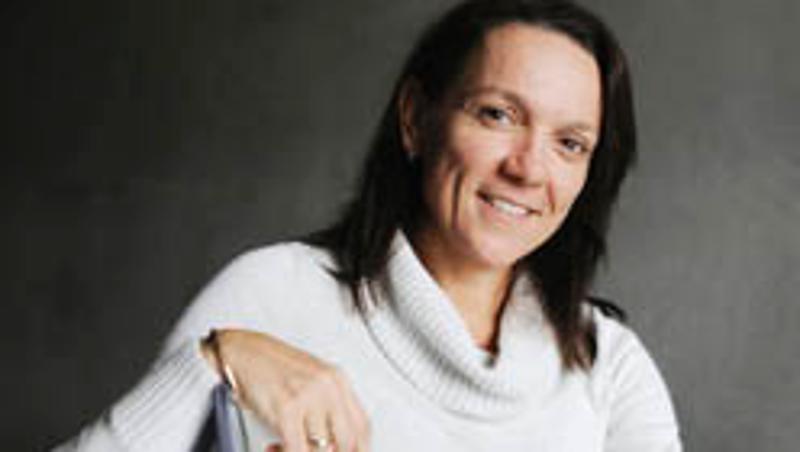
Forty per cent of women surveyed in the Victoria Police say they have been sexually harassed at work, according to a report co-authored by a QUT researcher.
The independent review into sex discrimination and sexual harassment – including predatory behaviour – in Victoria Police, released today (WEDNESDAY), found “substantial evidence in Victoria Police of an everyday sexist climate”.
Professor Paula McDonald, from QUT Business School, was one of four expert panel members for the review, a role which will continue to 2017 as Victoria Police implement the panel recommendations.
“With more than 5000 participants, it is the largest study of workplace sexual harassment conducted in the world – aside from in US military settings,” Professor McDonald wrote in a piece for The Conversation.
“Forty per cent of female and 7 per cent of male respondents answered yes to the question:
Have you ever personally experienced sexual harassment?
“For women, the lifetime prevalence rate in Victoria Police is higher than that found in the broader Australian community (33 per cent) or in the Australian Defence Force (ADF) (25 per cent) – an organisation that has recently suffered a string of sexual harassment-related incidents.
“For men, lifetime prevalence is higher than in the ADF (3 per cent) and lower than in the community (9 per cent). Sixty-eight per cent of female and 57 per cent of male survey participants had witnessed at least one form of sexual harassment in the workplace in the past five years.”
Professor McDonald said sexual harassment was an “entrenched feature” of certain organisational settings and the “challenging” nature of policing meant police were expected to be “strong, resilient and unemotional in dangerous situations”.
“The review heard from participants that police should not need to seek support or assistance, even in the face of tragic or frightening incidents,” she said.
“These relationships and identities have direct implications for sexual harassment and other forms of gender-based hostility. Although many employees had experienced collegiality and support in Victoria Police, participants also reported that being a victim of sexual harassment, predatory behaviour or sex discrimination was inconsistent with an identity of being a strong and resilient police officer.
“Other police officers also selectively bestowed loyalty upon perpetrators. Some perpetrators deliberately invoked the values of loyalty and belonging to ensure their conduct was overlooked or minimised.
“Reporting sexual harassment – including physical and sexual assault – by targets or witnesses was regarded as an act of disloyalty – even treachery – to ‘the team’.”
The review found there was “chronic under-reporting of sex discrimination” and those who did report were often targeted by colleagues.
“The review found overwhelming evidence of serious and chronic under-reporting of sex discrimination and sexual harassment. Only 11 per cent of targets made a formal complaint or reported their experience of sexual harassment,” Professor McDonald said.
“Those who did report were often subjected to exclusion, ostracism, shaming, physical and emotional abuse, and negative impacts on their career and livelihood.”
Professor McDonald said the impacts of sexual harassment were “often devastating”.
“Harm included serious negative effects on physical and mental health, including depression and stress, isolation and exclusion, economic loss, and reduced opportunities for professional development and advancement. A number of women told the review they felt ‘broken’,” she said.
“Male Victoria Police officers observed and experienced widespread homophobia. Gay men experienced rates of workplace sexual harassment six times higher than men overall.”
To tackle sexism and sexual harassment, Victoria Police faced a challenge to “increase gender diversity and reshape the workplace culture by establishing a more inclusive organisation.”
“In an environment such as Victoria Police, this will require clear and unambiguous leadership to shift deeply held ideas about what it means to be a ‘good police employee’ and reset expectations about the role and the treatment of women.”
Read the full article at The Conversation
Media contact:
Rob Kidd, QUT Media, 07 3138 1841, rj.kidd@qut.edu.au
After hours, Rose Trapnell, 0407 585 901


